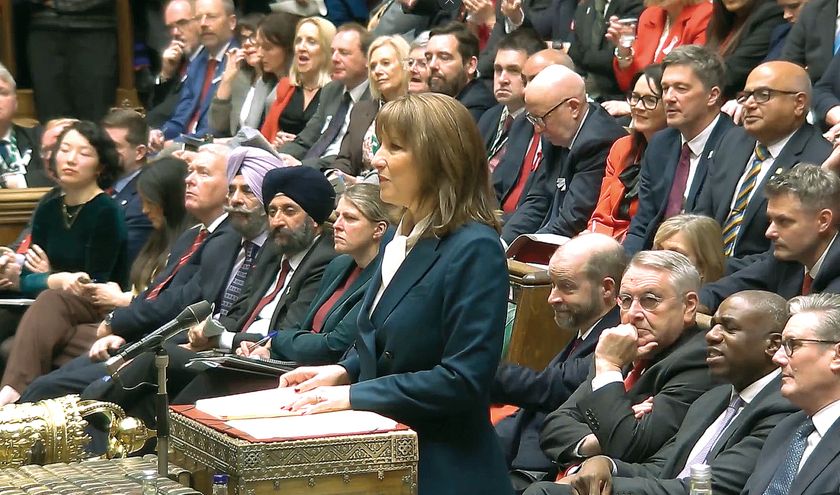The data shows more than 850,000 patients got the elective care they needed over the five days of strikes – this is 25,000 more patients than if the percentage of activity was the same as the July strike (25-30 July 2025).
There were on average 17,236 resident doctors absent from work each day this time round, the data shows, slightly higher than the 16,162 average in the last set of strikes. The higher figure is due in part to the fact that more resident doctors would have been rostered to work during the tougher winter months, than in summer.
Sir James Mackey, NHS chief executive, said: ‘This has been a monumental effort by NHS teams, and I want to thank all staff who helped to safely keep the show on the road – continuing almost all care for patients and ensuring the NHS remained open for those who needed it.
‘But that doesn't mean things were easy– there are still some patients who had their care disrupted, and as with every strike it takes significant time and effort from staff to manage, which otherwise would be put towards delivering more for patients and helping to get down the backlog.
‘We must do everything we can to prevent this from continuing. It is bad for patients, bad for staff and bad for the NHS and is not representative of what all resident doctors want. I urge the BMA to work with the government and NHS as we continue to make further improvements for resident doctors.'
Health and social care secretary, Wes Streeting, said: ‘The NHS weathered the storm better than ever before and delivered tens of thousands more appointments for patients. No one wants the NHS to have to get better at dealing with strikes, but patients should rest assured that, should the BMA walk out again, the NHS team will pull together and care for as many of them as possible.
‘There were still far too many patients who suffered because the BMA refused to put the government's offer to its members. Polling shows that resident doctors wanted to accept the government's offer of more jobs and better career progression.'
In response, Daniel Elkeles, chief executive, NHS Providers, said: ‘If part of the object of the strike was to bring the NHS grinding to a halt it failed. Almost all patients' planned care went ahead, a great testament to the planning and hard work by NHS trust leaders and staff who kept vital services going throughout the walkout. That means, though, that far too many appointments, tests, scans and operations had to be postponed with an inevitable knock-on effect on waiting lists.
‘We're not out of the woods yet with a tough winter ahead and any more strikes, as threatened, will just cost more money, time and energy. We hope that further talks between the doctors' union and government will avert any more walkouts which hurt patients and the public purse.'
Matthew Taylor, chief executive of the NHS Confederation, said: ‘Maintaining 95% of activity during the walkout is an incredible achievement, testament to the meticulous planning and hard work of staff up and down the country to plug rota gaps and to keep services running as smoothly as possible.
‘But with tens of thousands of appointments, tests and procedures that need to be rescheduled and many staff who filled in for absent colleagues now due time off in lieu, we can anticipate further knock-on impacts to waiting lists over the coming days and weeks.'
He added: ‘The BMA must recognise that this industrial action is disproportionate, given the current financial environment and the fact resident doctors have already had one of the biggest pay rises in the public sector. We would urge them to listen to the court of public opinion, moderate their demands and re-enter negotiations.'



